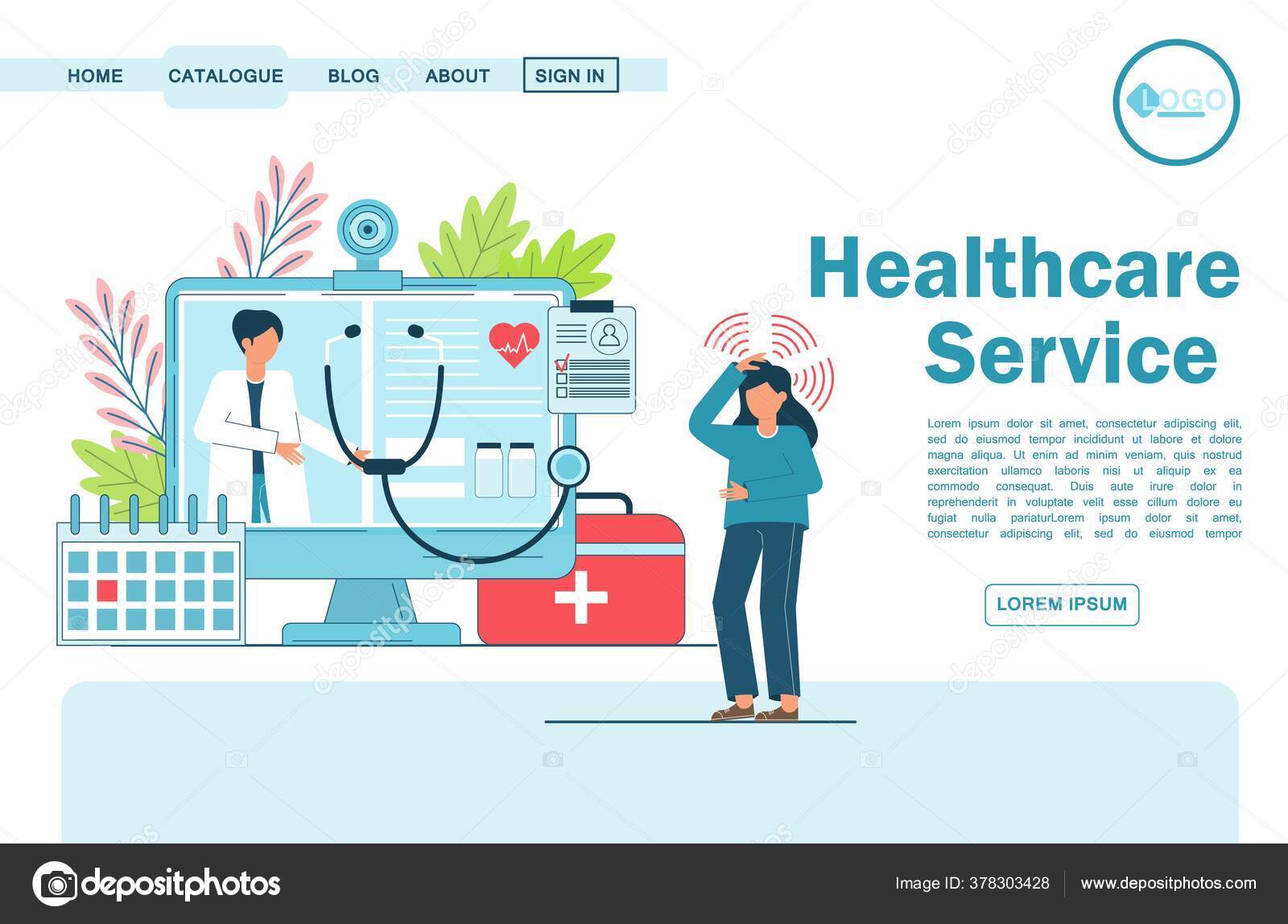Understanding the Price Savings of Subscription Based Healthcare for Families
Understanding the Price Savings of Subscription Based Healthcare for Families
Blog Article
Navigating the Future of Medication With Subscription-Based Medical Care Solutions
As the health care industry evolves, subscription-based solutions become an essential model promising to improve individual care delivery. With the possible to use streamlined, affordable solutions via predictable pricing and tailored interest, these services stand at the center of contemporary medical technology. As we consider their increase, one must contemplate the ramifications of incorporating such systems right into existing healthcare structures. What challenges do they posture in terms of information safety and security and equitable access, and exactly how might they redefine the patient-provider relationship? The solution to these questions might fundamentally change our approach to health care.
Surge of Subscription Health Care
As medical care systems around the globe face boosting stress from rising expenses and need for solutions, the introduction of subscription-based health care versions has emerged as a transformative pattern. This cutting-edge approach is disrupting standard medical care distribution by offering a predictable, flat-rate repayment structure for clinical solutions. Rooted in the principles of concierge medicine, subscription-based healthcare enables providers to focus on customized individual treatment while all at once taking care of functional efficiencies.
The rise of this model can be attributed to a number of elements. Technological developments have allowed much more seamless combination of care through telehealth and electronic health documents, promoting the scalability of registration solutions. The raising customer need for transparency and predictability in healthcare expenses has actually driven the change in the direction of this version. Subscription-based services commonly offer direct accessibility to healthcare specialists, which can minimize the management worries linked with insurance policy claims and reimbursements (subscription based healthcare).
This design is gaining grip among varied doctor, from health care doctors to specialized facilities, by lining up economic rewards with continual and preventive treatment. By shifting the focus from quantity to value-based care, membership healthcare has the possible to reshape the landscape, promoting an extra sustainable and patient-centered approach to health and wellness monitoring.
Advantages for Clients

In addition, subscription-based solutions typically emphasize preventive care, urging routine examinations and health and wellness screenings. This positive approach can result in very early discovery of wellness concerns, potentially boosting outcomes and minimizing long-term healthcare costs for people. Additionally, such designs typically provide transparent prices, permitting clients to better recognize their healthcare expenditures and avoid unforeseen clinical bills.
The individualized nature of subscription-based medical care also boosts individual experience. Individuals can receive customized health care strategies that suit their certain requirements, promoting a more patient-centric approach.
Technology's Duty in Makeover

Expert system (AI) plays a vital role in predictive analytics, aiding in early diagnosis and customized therapy plans. AI formulas examine huge datasets to recognize patterns that may be neglected by human monitoring, hence improving professional decision-making. In addition, digital health records (EHRs) enhance client info management, making sure connection and comprehensibility of treatment across various services and suppliers.
Blockchain modern technology enhances data security and personal privacy, essential for preserving person count on in digital systems. It makes it possible for clear and safe and secure deals of clinical information, making certain that sensitive info continues to be safeguarded. With the assimilation of maker knowing and AI, blockchain can automate intricate health care processes, minimizing management concerns.
Challenges and Factors To Consider
While published here modern technology propels the capabilities of subscription-based health care solutions, it additionally introduces a set of challenges and factors to consider that have to be dealt with to ensure successful implementation. One substantial difficulty is the equitable access of these solutions.
Data privacy and protection stand for another important factor to consider. Subscription-based solutions usually entail the collection and storage space of substantial amounts of individual health and wellness information. Carriers must comply with rigorous information defense guidelines to keep client depend on and avoid unapproved access, which might cause substantial ethical and lawful effects.
In addition, the sustainability of registration versions poses a difficulty. As medical care requires progress, maintaining an affordable equilibrium in between membership charges and solution quality is essential to avoid client frustration and attrition. Incorporating these solutions within conventional healthcare systems requires seamless interoperability in between platforms, which is frequently a facility and resource-intensive undertaking. Attending to these obstacles is crucial as subscription-based health care solutions remain to advance and increase.
Future Ramifications for Medicine
Subscription-based medical care services are poised to substantially influence the future landscape of medication by reshaping exactly how care is accessed and delivered. These models use the prospective to democratize medical care accessibility, offering individuals with more personalized and timely interventions. By leveraging technology, such as telemedicine and data analytics, membership services can facilitate continuous monitoring and customized health administration, thus enhancing results and reducing the worry on conventional medical care systems.
As these services gain traction, they could boost a change towards preventative care, highlighting the significance of early discovery and monitoring of persistent conditions. This aggressive method might ultimately reduce medical care costs by reducing the need for expensive treatments occurring from late-stage disease management. Additionally, registration versions supply a scalable service to deal with variations in health care access, especially in rural or underserved populaces.
Nonetheless, the shift towards subscription-based designs necessitates addressing governing and ethical factors to consider, consisting of information privacy and equitable gain access to. As the sector evolves, collective initiatives between policymakers, technology designers, and doctor will certainly be important to developing durable structures that safeguard patient passions while fostering innovation. Eventually, these solutions promise to add dramatically to a much more effective, patient-centered healthcare community.

Final Thought
Subscription-based health care services represent a substantial great site advancement in the medical area, offering predictable prices and personalized care that improve accessibility and focus on preventive measures. Technical innovations, such as telemedicine and AI-driven analytics, assist in tailored individual experiences, improving overall health end results. Difficulties such as information privacy and fair gain access to should be resolved to make certain the extensive advantages of these solutions. As the medical care landscape evolves, registration models are poised to play a crucial duty in forming the future of medication.
As the health care industry progresses, subscription-based solutions emerge as a critical design assuring to reshape person care distribution.As medical care systems around the globe face increasing stress from climbing costs and demand for solutions, the advent of subscription-based health care models has emerged as a transformative fad (subscription based healthcare).With the surge of subscription-based health care designs improving conventional healthcare delivery, people are starting to experience considerable advantages from this cutting-edge method. As health care needs progress, maintaining a cost-efficient equilibrium between membership costs and service quality is crucial to prevent person frustration and attrition.Subscription-based medical care solutions are poised to dramatically influence the future landscape of medication by improving just how treatment is accessed and delivered
Report this page